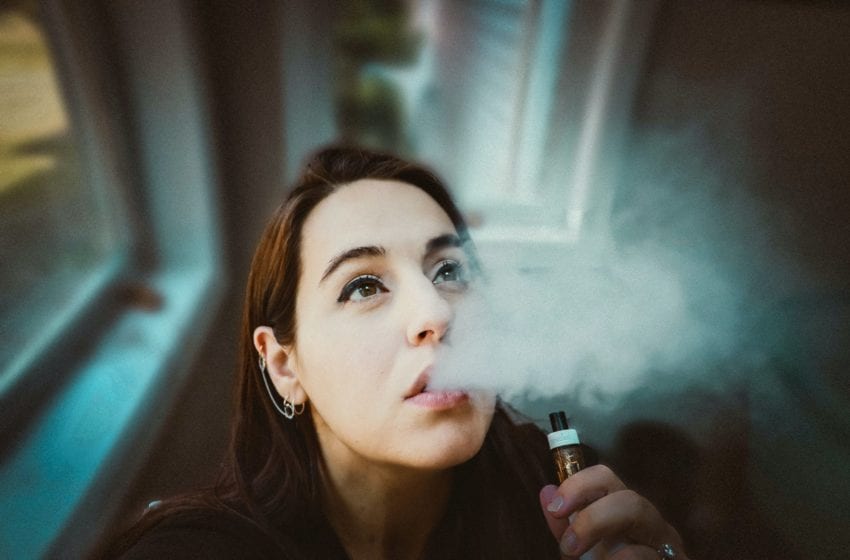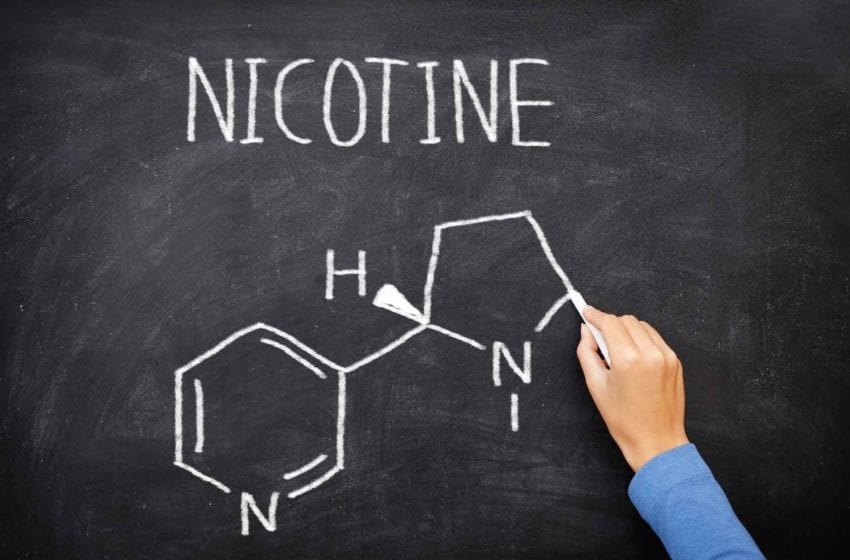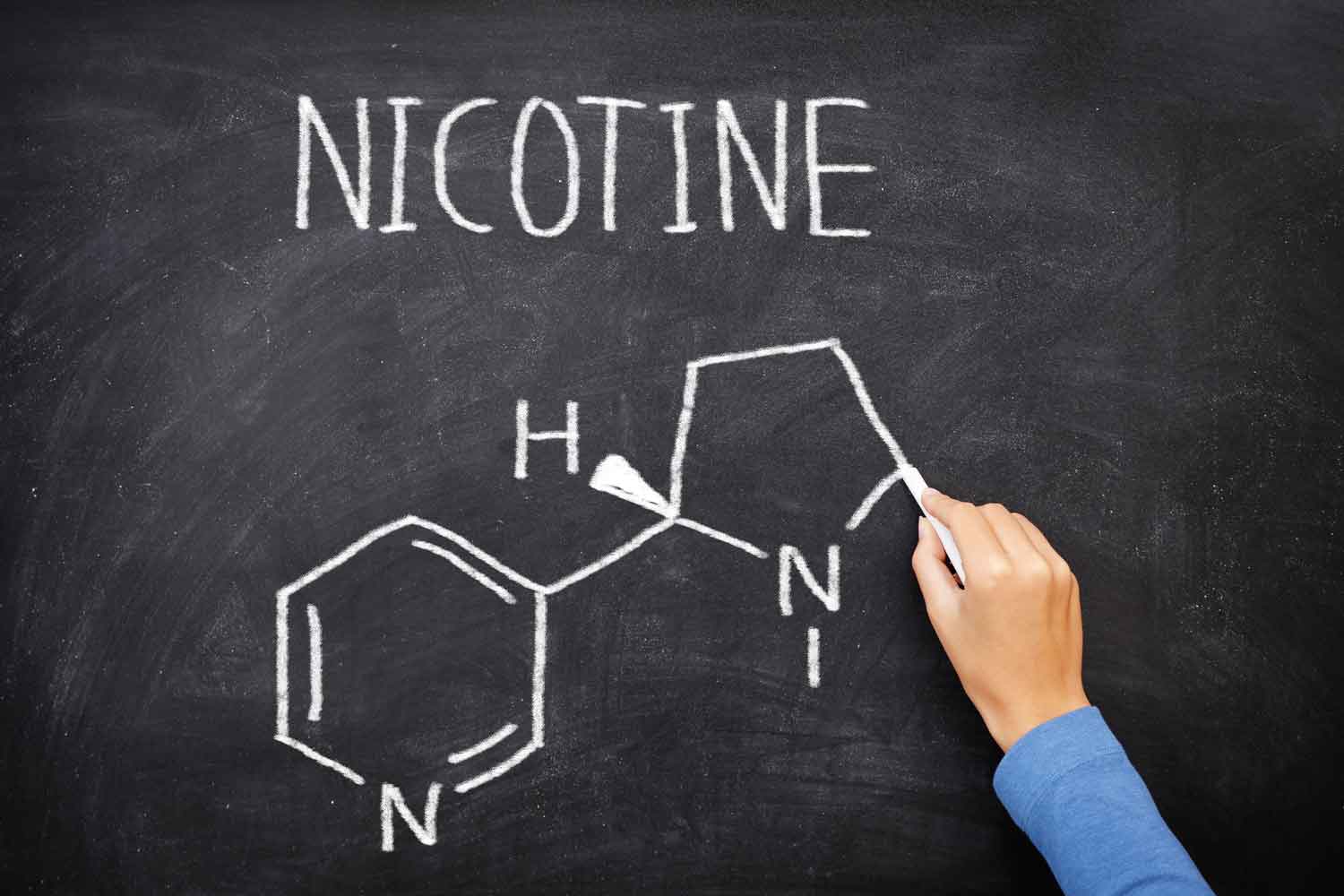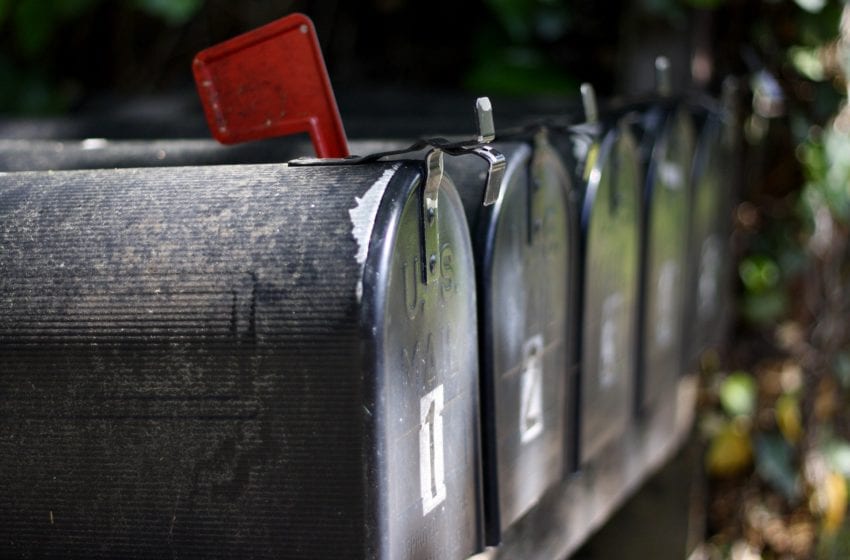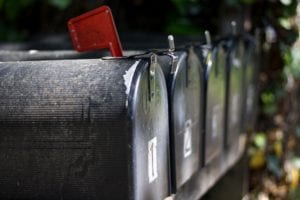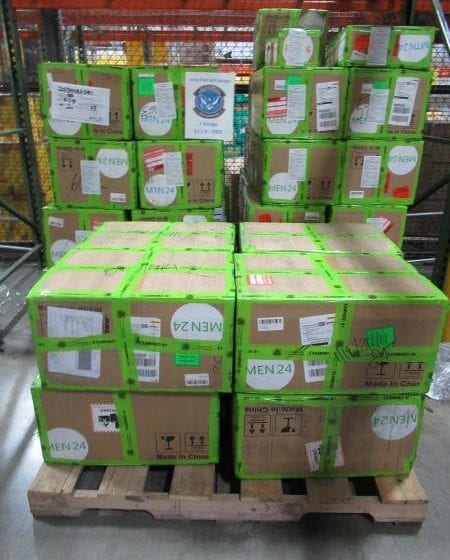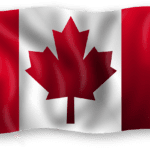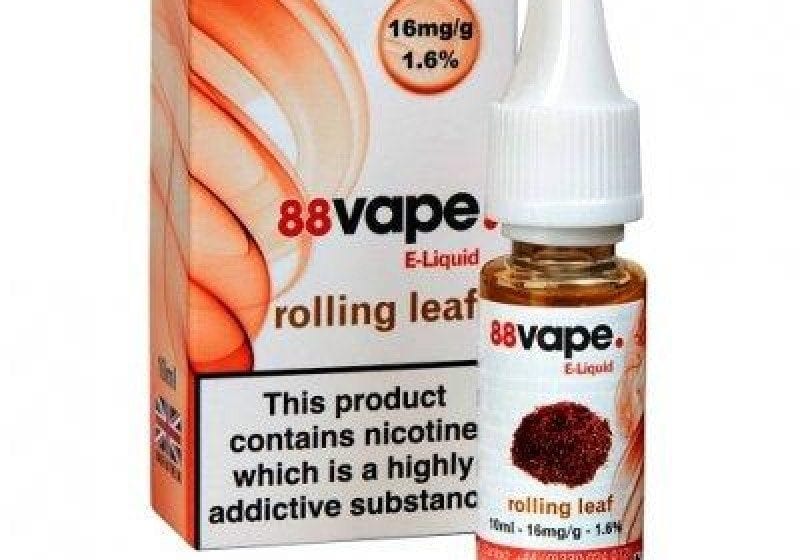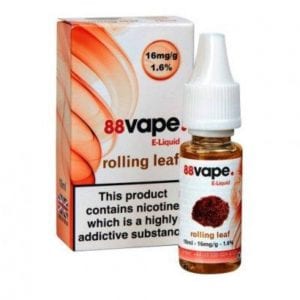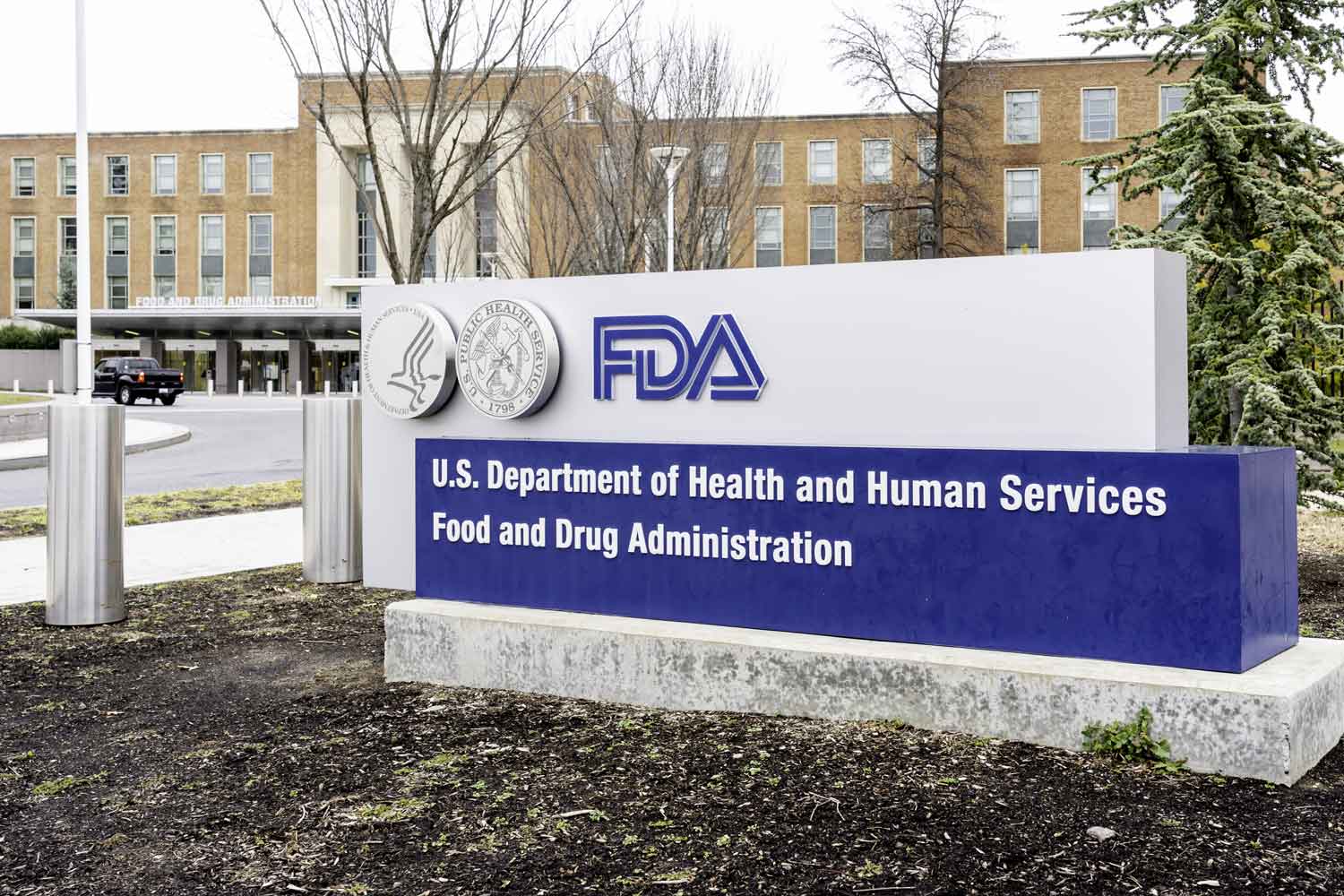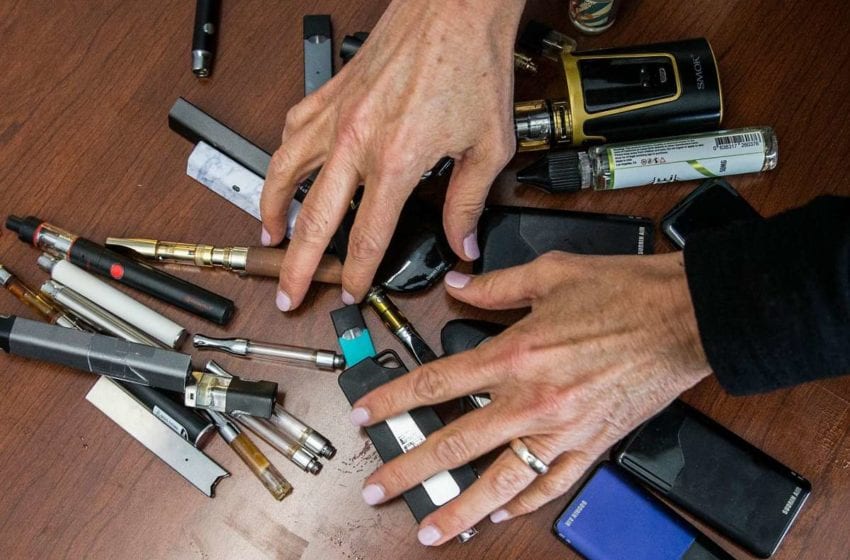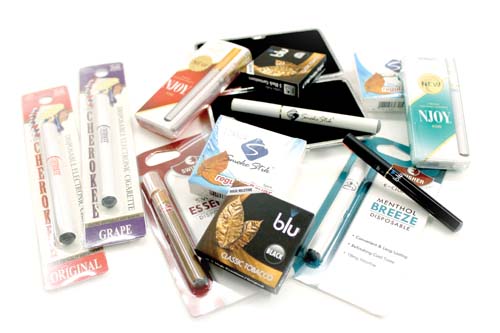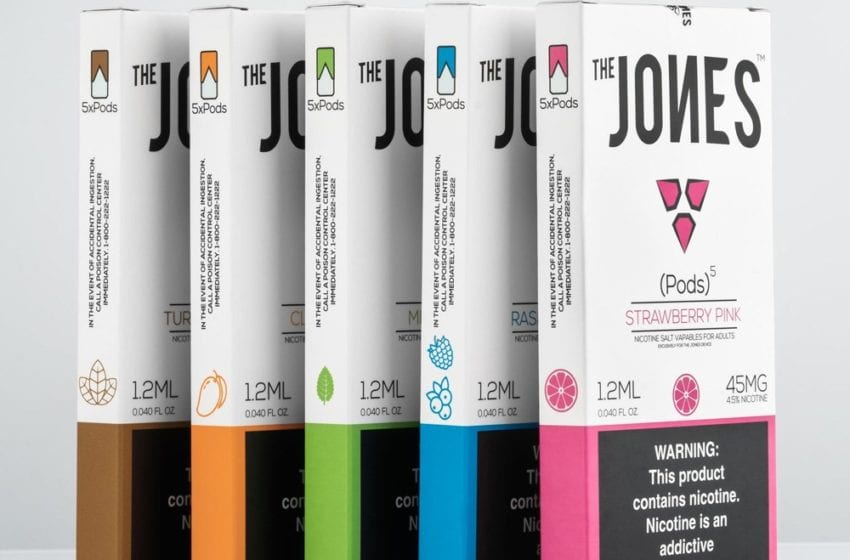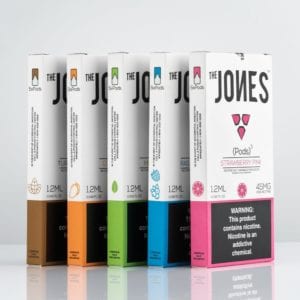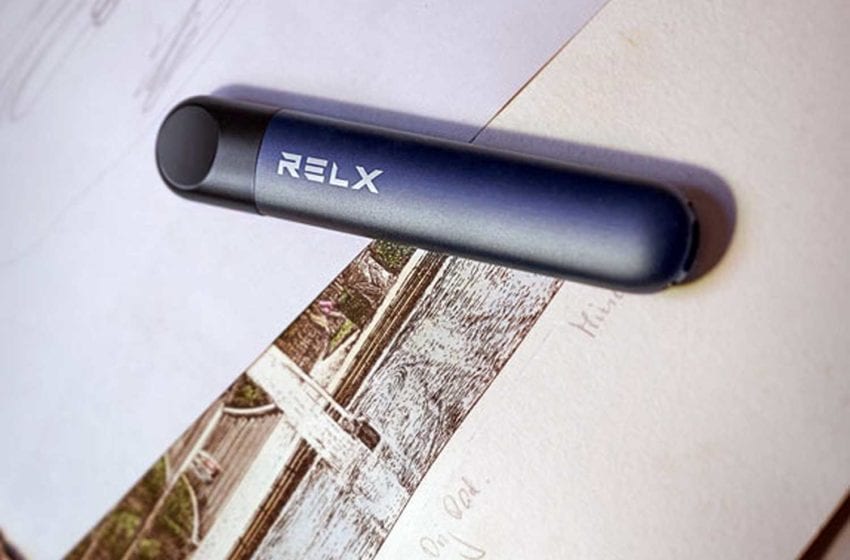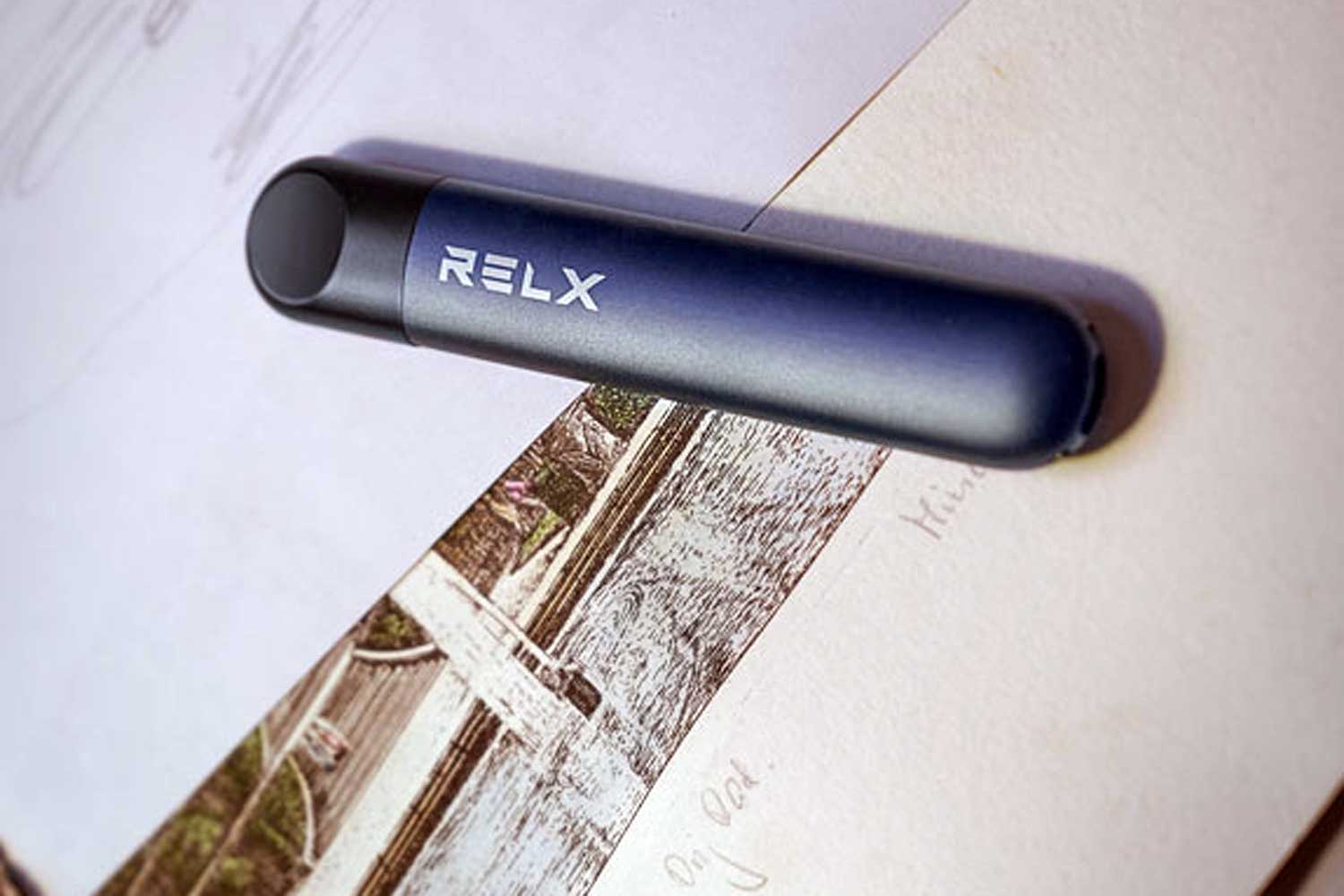Californians will decide next year if flavored vaping products should be banned. The California Secretary of State’s office certified a referendum challenging the state’s ban on flavored vapor and other tobacco product sales had garnered more than the minimum number of valid signatures. The referendum will head to the ballot in November, 2022.

The ban is on hold and retailers can continue selling flavored e-liquids and other products until votes are cast. The ban had been set to go into effect on Jan. 1, 2021, but was delayed until the signature verification process had been completed. I
n order to qualify for the ballot, organizers of the referendum submitted more than 1 million signatures, as they needed to get 623,212 verified signatures from California voters. On Friday, the Secretary of State’s office published a report indicating that organizers had gathered 781,885 valid signatures.
Had the minimum number of valid signatures not been met, the law would have taken effect once the Secretary of State had verified the process was complete. The election is scheduled for Nov. 8, 2022, and those results will then need to be certified. If the law banning flavors is approved, it would go into effect on Dec. 8, 2022.
It did not make it illegal to possess or use such products, however. In addition to the referendum, the state has also been sued over the ban by R.J. Reynolds Tobacco Co., R.J. Reynolds Vapor Co., American Snuff Co. LLC, Santa Fe Natural Tobacco Co. Inc., Philip Morris USA Inc., John Middleton Co., U.S. Smokeless Tobacco Co. LLC, Helix Innovations LLC, Neighborhood Market Association Inc. and Morija LLC, which does business under the name Vapin’ the 619. That litigation is currently ongoing.

